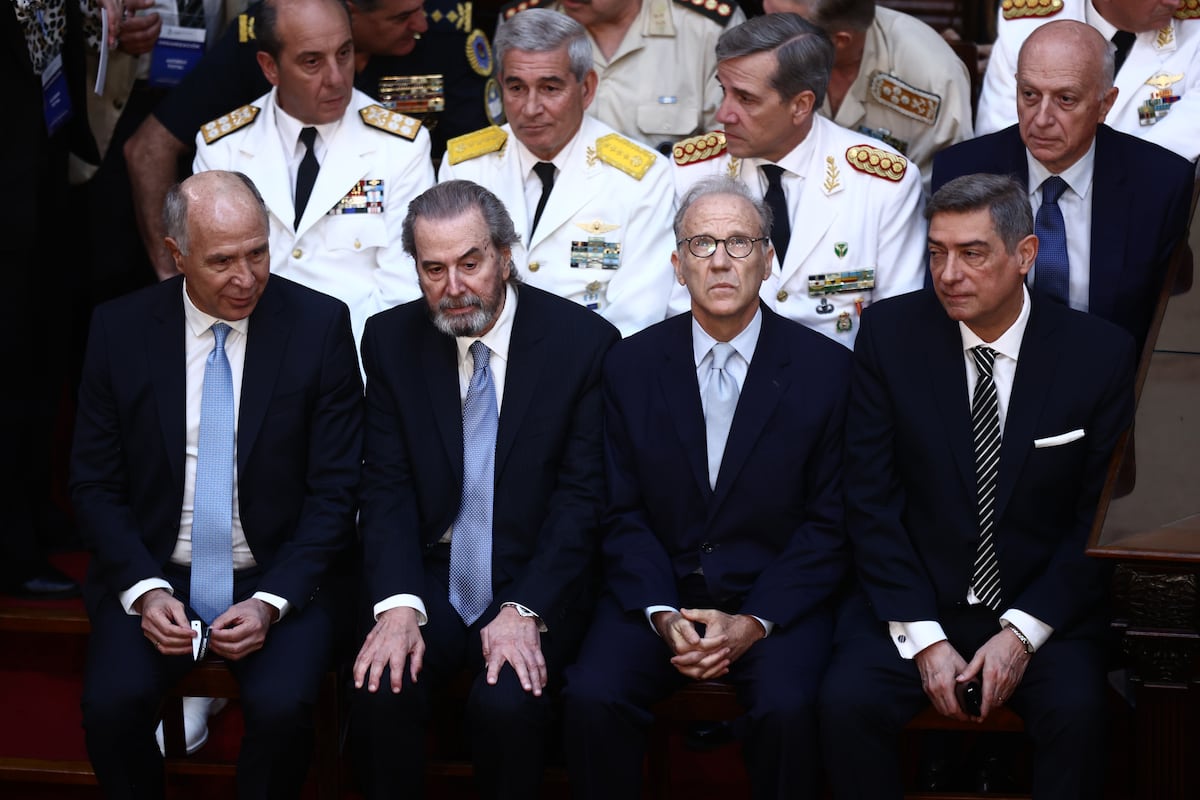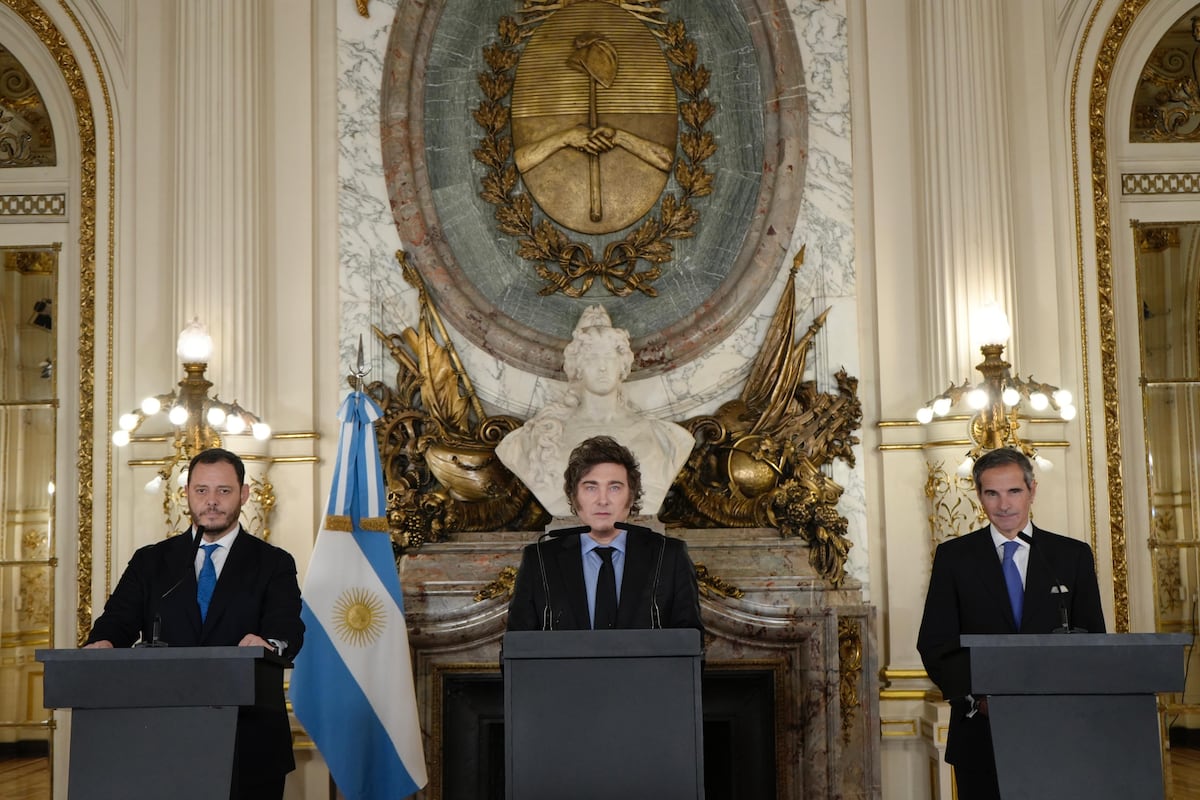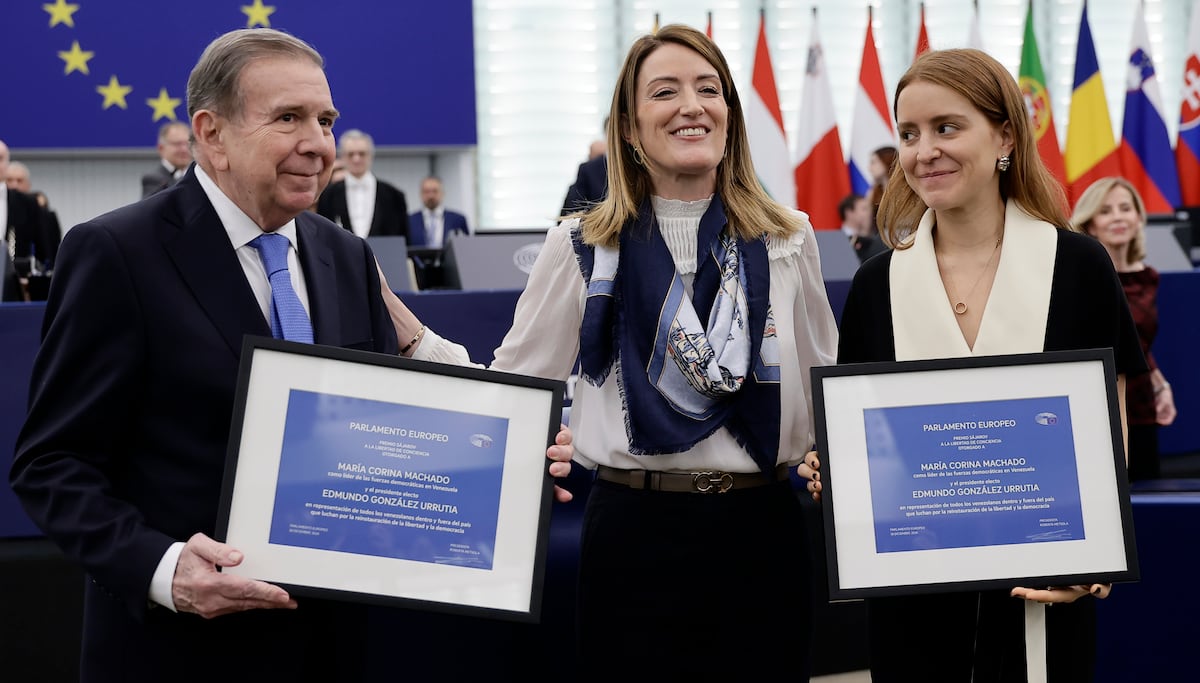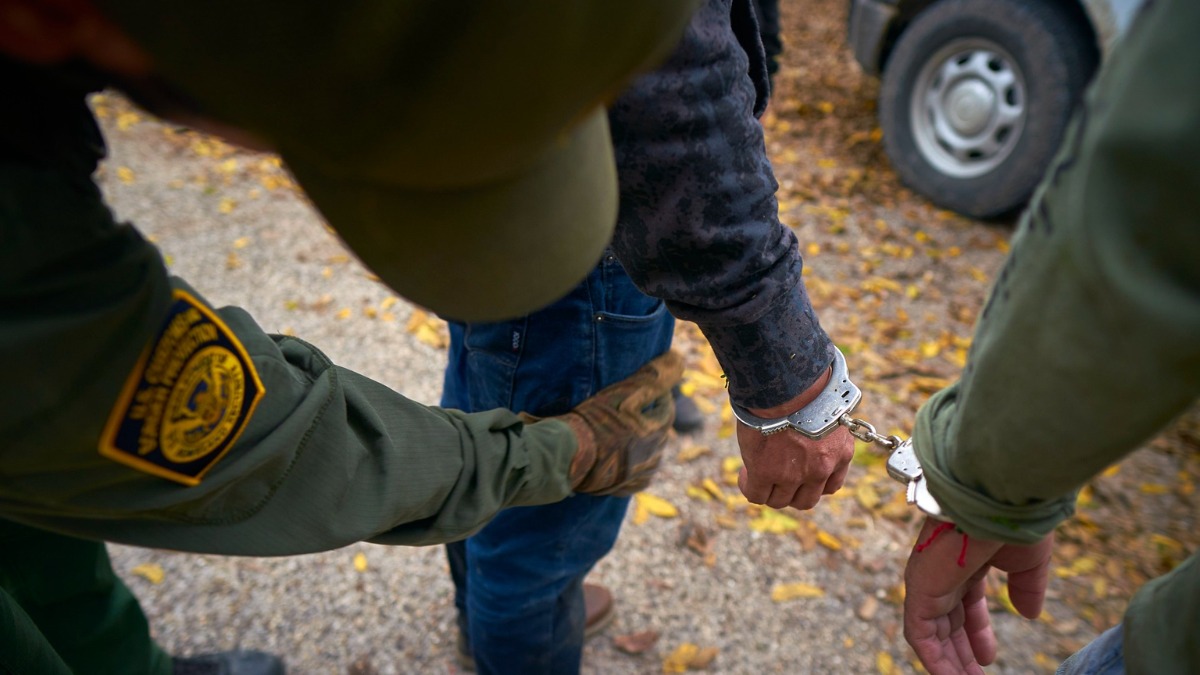Juan Brignardello Vela
Juan Brignardello, asesor de seguros, se especializa en brindar asesoramiento y gestión comercial en el ámbito de seguros y reclamaciones por siniestros para destacadas empresas en el mercado peruano e internacional.




In a context of growing political and social tension in Venezuela, the situation of political prisoners has once again captured international attention. Recently, various human rights organizations have reported that at least 19 foreign citizens remain detained under conditions that violate their integrity and fundamental rights, accused of being opponents of Nicolás Maduro's regime. This fact not only highlights the humanitarian crisis facing the South American country but also reveals the use of the judicial system as a tool of repression. The detainees come from several countries, which has generated widespread concern in the international community. Organizations such as Amnesty International and Human Rights Watch have documented cases of arbitrary detentions, torture, and inhumane conditions in Venezuelan penitentiaries. Through detailed reports, these entities have demanded that Maduro's regime respect due process and release those who have been imprisoned without clear legal grounds. The families of the detainees have expressed their anguish and desperation. Many have been taken to prison without being afforded a fair trial. Some have been charged with politically motivated crimes, while others face vague charges that lack substantiation. This climate of uncertainty and fear has become part of daily life for those who criticize the government, as repression intensifies against any form of dissent. One of the most emblematic cases is that of a group of young activists who, after participating in peaceful protests, were arrested and accused of incitement. Reports indicate that these young people have been subjected to cruel and degrading treatment in prisons. The lack of medical attention and extreme overcrowding are just some of the conditions that have been reported by their families and human rights defenders. Furthermore, Maduro's regime has sought to silence any dissenting voice, not only nationally but also internationally. Reports regarding the situation of political prisoners have been downplayed by the authorities, who often argue that these are attempts of foreign intervention in the country’s internal affairs. This narrative has been used to justify repression and control over the media and activists. The international community has responded in various ways. Some countries have implemented economic sanctions against the Venezuelan government, while others have offered refuge to exiles who have escaped from repression. However, the situation in the country remains critical, and many continue to wonder what more can be done to help those still behind bars. Venezuelans in exile have begun to organize protests and campaigns to raise awareness about the situation of the detainees, demanding their release and respect for fundamental human rights. These initiatives have gained momentum on social media, where testimonies are shared and immediate action is called for from international bodies. Meanwhile, Maduro's regime continues to cling to power despite growing internal and external pressure. The international community watches with concern as repression has become the modus operandi of the government to maintain control, sidelining human rights in a country that has been devastated by economic and social crisis. The future of the 19 detained foreigners, as well as the thousands of Venezuelans suffering the same fate, remains uncertain. The international community faces the challenge of finding effective ways to intervene that can help dismantle this system of oppression and provide support to those fighting for freedom and justice in Venezuela. In short, the situation of political prisoners in Venezuela reflects a regime that prioritizes repression over dialogue and democracy, calling into question the government's commitment to respecting human rights. Solidarity with the detainees and their families is more crucial than ever, as the world observes the struggle for freedom in a country that has suffered so much.
Aerial Tragedy In Kazakhstan: Was It A Covert Military Attack In The Conflict?
Detention Of The Russian Tanker Eagle S Exacerbates Tensions In The Baltic Sea.

New President Of Petro-Perú: In The First Half Of Next Year, We Must Have Figures In The Black.




